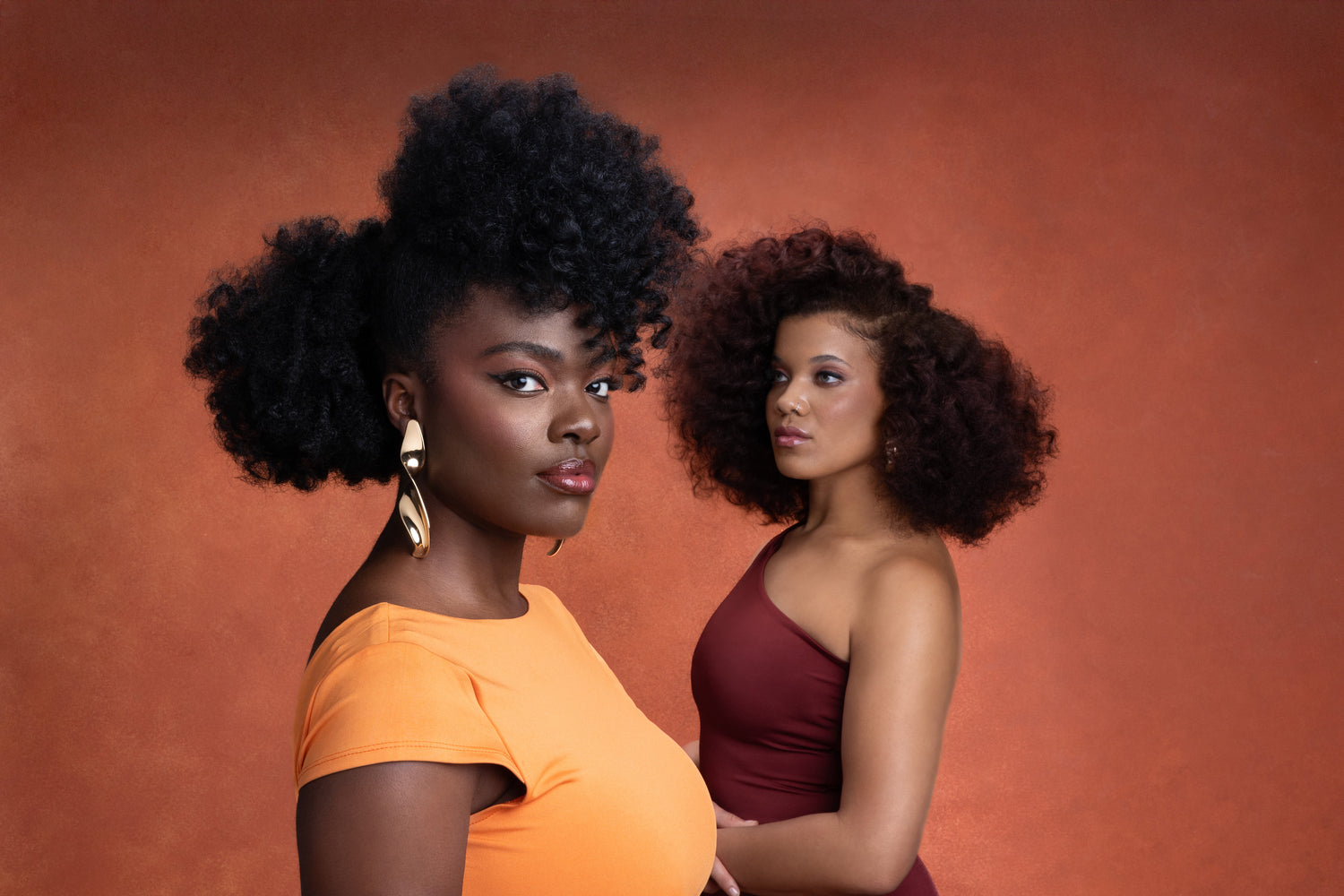How can I tell the difference between vegan and cruelty free beauty products?
We all want to ensure we’re buying products that match our values and ethics. And as information about the environmental and social impacts of the beauty industry grows, so does our confusion around what we should buy and what we should boycott.
As Christmas is just round the corner, we want to make sure that the gifts we are buying our loved-ones are sustainable for both people and planet.
But what about animal-welfare and animal rights? Do you know the difference between ‘Vegan’ and ‘Cruelty-Free’ beauty products?
As with food products found on supermarket aisles, there is a lot of confusion about what the terms attached to beauty items actually mean. Many use the terms interchangeably, but have no fear, we’re here to bring you clarity on this issue!
November marks World Vegan Month, so we’ve put together a comprehensive guide to help you chose the best products to fit you and your loved ones’ values. So you can do your Christmas shopping like a beauty pro!
What does Cruelty-Free mean?
Cruelty-free is a catch-all term for products which have not been tested on animals. There are several standards and associated logos out there which signal that a product is cruelty-free.
The Leaping Bunny Standard is widely acknowledged as the highest cruelty-free standard in the EU, US and Canada. To receive this certification, companies must meet all of the following criteria:
- Products, and the ingredients within those products, must not have been tested on animals by anyone at any stage of product or ingredient development including third parties
- Products must provide documentation to prove this, including from their suppliers and manufacturers
- Companies must be audited regularly by the Leaping Bunny regulator to confirm with this standard

The Leaping Bunny logo is identifiable, but there are similar logos and even some fakes out there. Not every bunny is a registered trademarked Leaping Bunny!
So if cruelty-free is important to you, do look out for the exact logo above.
Also worth noting is that the EU and UK have strict regulations around animal testing but that is not the case with many countries.
China for example still tests many products on animals. In May 2021 the law changed to allow imported non special-use cosmetic to be sold on mainland China without companies being forced to pay for animal testing. Animal-rights campaigners hail this as a huge step forward, but still puts China far away from European standards on animal cruelty.
People for the Ethical Treatment of Animals (PETA) run a website where you can search a database for companies which do not test products on animals. Leaping Bunny also now has an app you can download with an easy access cruelty-free shopping guide.
So is Vegan any different from Cruelty-Free?
The short answer is yes. The Vegan Trademark encompasses all the Cruelty-Free standards, and also requires products to be free of all animal-derived ingredients. So in effect it is a step above Cruelty-Free.
The Vegan Society’s definition of animal includes insects and multicellular organisms. Vegan Certified means that no animal products or ingredients are used in products at all, so that includes animal-derived ingredients such as honey, beeswax, carmine, shellac and lanolin.
Products that are Certified Vegan have the Vegan Trademark - as found on Afrocenchix products. This is the most globally recognised Vegan standard.
You can search for Certified Vegan products on the Vegan Society’s website
Vegan and Cruelty-free: A guide to help you shop this Christmas
Many of us want to support small, local independent businesses with our shopping habits. But how easy is it to find out a company’s animal welfare standards?
Most brands that have animal welfare credentials will advertise this fact on their packaging. But it’s always worth taking a closer look at the logos and trademarks and researching whether those standards fit with your ethics.
You can start by looking up trademarks and what they mean, as well as searching product’s websites. We encourage you to ask questions: if you meet a producer face to face at a Christmas Fair or find an interesting product online, do ask questions in person or by email, or even ring them up old-school style! Most brands and companies will be happy to let you know the ethics of their products and about how they are made.
Here are some questions you could ask:
- Do your products carry the Vegan Trademark or Leaping Bunny Standard or other cruelty-free certification?
- Are your products tested on animals?
- Are any of your materials or ingredients tested on animals?
- Are any of your products including raw materials or ingredients derived from animals?
- Do your suppliers use animal-derived materials?
- Does your parent company sell or use animal-derived materials?
We hope this piece has clarified the differences in some of the animal-welfare standards and helped demystify logos you see on products.
We hope you’re now well equipped for your Christmas shopping this year and next!

